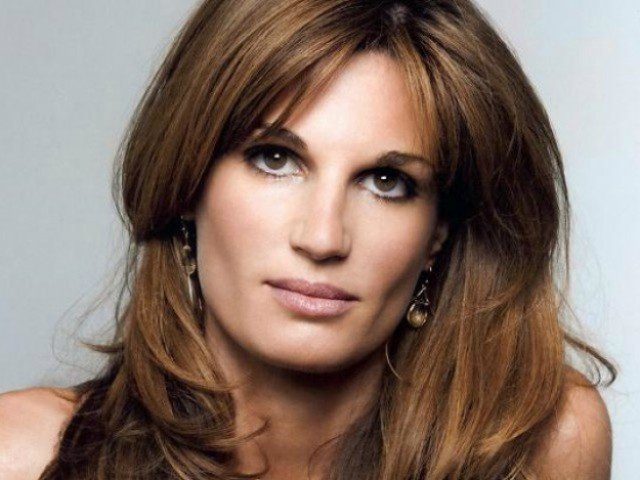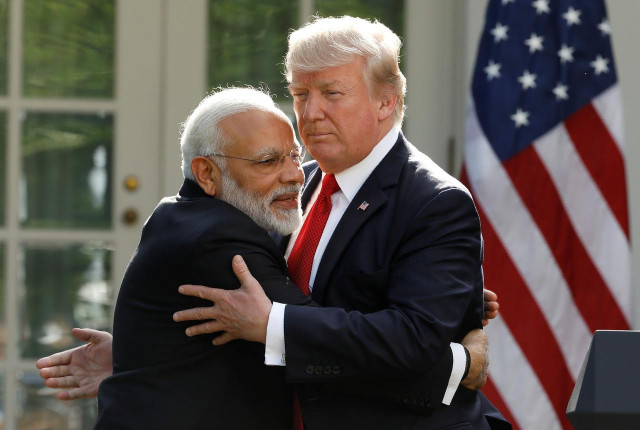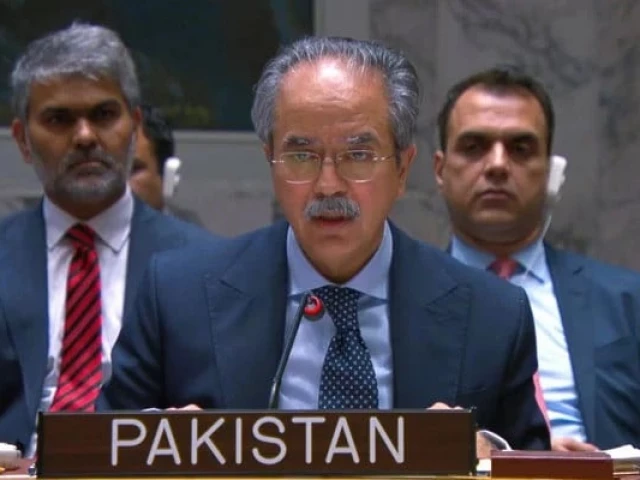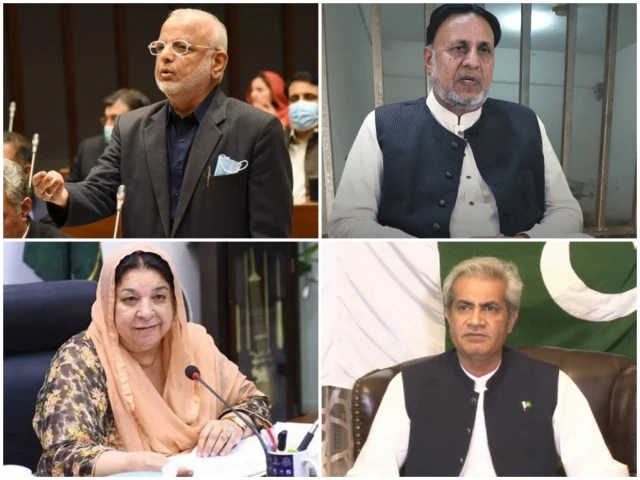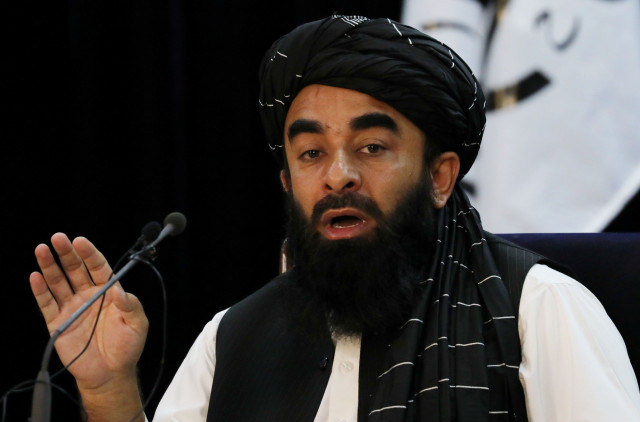The Complex Landscape of Politics and Family: Jemima Goldsmith’s Claims
In recent days, Jemima Goldsmith, the ex-wife of former Prime Minister Imran Khan, made headlines with serious allegations against the Pakistani government. She argued that the government is waging a personal vendetta against her children, a claim that has sparked significant debate and a robust rebuttal from senior officials within the ruling party.
Imran Khan, who founded the Pakistan Tehreek-e-Insaf (PTI), has been detained in Rawalpindi’s Adial Jail since August 2023. His imprisonment has not only affected him personally but has also cast a shadow over his family. Despite his predicament, Khan announced that PTI would initiate a protest movement following Ashura-e-Muharram, marking a pivotal moment that could influence Pakistan’s political landscape.
In a surprising development, Imran’s sister, Aleema Khan, revealed that his sons, Suleman and Kasim, are poised to join the protests. However, this has raised alarms within the government. Prime Minister’s Adviser on Political Affairs, Rana Sanaullah, cautioned that if the boys participate, they could face arrest—a statement that underscores the heightened tensions in the political sphere.
Goldsmith took to social media, expressing her outrage over the situation. She claimed that Imran has been in solitary confinement for nearly two years and contended that denying her children the right to communicate with their father is emblematic of a deeper injustice. Describing this as a “personal vendetta,” she asserted that such actions are antithetical to democracy.
The response from the ruling party was swift. Senator Irfan Siddiqui, a prominent figure in the Pakistan Muslim League-Nawaz (PML-N), emphasized that Imran’s release is contingent upon his own actions and behavior, not influenced by familial ties. He acknowledged the children’s right to engage in politics but affirmed that justice should operate within the bounds of the law.
This unfolding scenario highlights the intricate interconnections between family, politics, and justice in Pakistan. While Goldsmith’s comments bring to light the emotional toll of political struggles on families, they also emphasize the rule of law as a backbone of any democratic system.
As the situation progresses, it’s essential for citizens and observers to remain informed and engaged. Understanding the dynamics at play can help foster meaningful discussions about governance and human rights. For further insights and updates on this ongoing issue, feel free to connect with us at Pro21st, where we aim to provide a deeper understanding of current events in Pakistan and beyond.
At Pro21st, we believe in sharing updates that matter.
Stay connected for more real conversations, fresh insights, and 21st-century perspectives.

